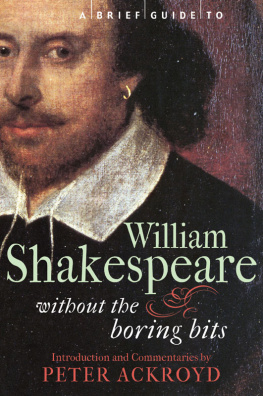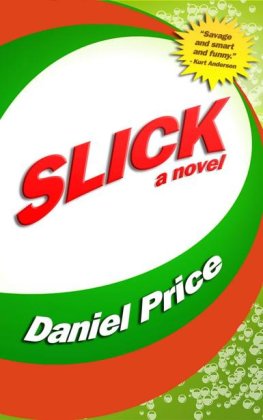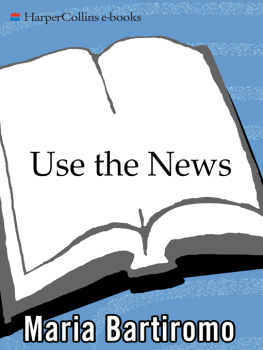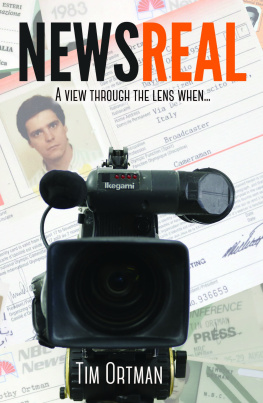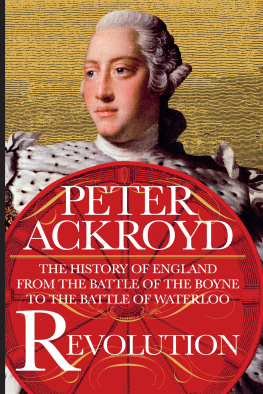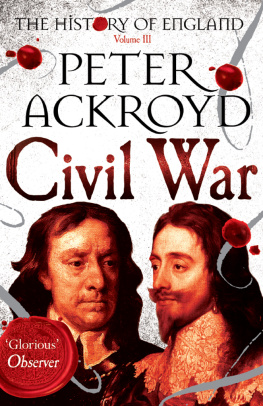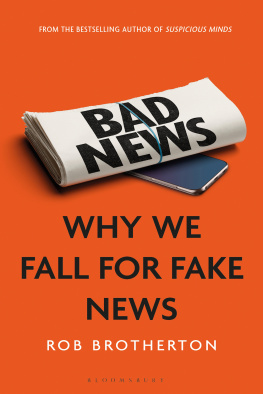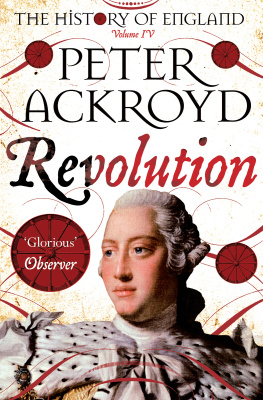Contents
Guide

The author and publisher have provided this e-book to you for your personal use only. You may not make this e-book publicly available in any way. Copyright infringement is against the law. If you believe the copy of this e-book you are reading infringes on the authors copyright, please notify the publisher at: us.macmillanusa.com/piracy.
Contents
List of illustrations
A new Solomon
Sir Robert Carey rode furiously from London to Edinburgh along the Great North Road, spending one night in Yorkshire and another in Northumberland; he arrived at Holyrood Palace, be-bloodied with great falls and bruises after a journey of more than 330 miles. It was late at night on Saturday 26 March 1603. He was ushered into the presence of King James VI of Scotland and, falling to his knees, proclaimed him to be King of England, France and Ireland. He gave him as testimony a sapphire ring that his sister, Lady Scrope, had thrown to him from a window at Richmond Palace immediately after the death of Elizabeth I. I have, he told his new sovereign, a blue ring from a fair lady.
It is enough, James said. I know by this you are a true messenger. The king had previously entrusted this ring to Lady Scrope in the event of the queens death.
A body of prelates and peers had already met Sir Robert Cecil, the principal councillor of the old queen, at Whitehall Gate before they proceeded with him to the cross at Cheapside where Cecil proclaimed James as king; bonfires and bells greeted the news of the swift and easy succession. Cecil himself declared that he had steered King Jamess ship into the right harbour, without cross of wave or tide that could have overturned a cock-boat. The councillor had entered a secret correspondence with James before Elizabeths death; he had urged the Scottish king to nourish a heart of adamant in a world of feathers.
On 5 April James left Edinburgh to travel to his new realm. He had been the king of Scotland for thirty-six years, ever since he had assumed the throne at the age of thirteen months after the forced abdication of his mother Mary Queen of Scots. He had been a successful if not a glorious monarch, managing to curb the pretensions of an argumentative clergy and of a fractious nobility. From his earliest years the restive and combative spirit of the Scottish lords ensured that, in the words of the French ambassador, he had been nourished in fear. Yet he had by guile and compromise held on to his crown. Now, as he told his followers, he was about to enter the Land of Promise. He had already written to the council at Westminster, asking for money; he did not have the funds to finance his journey south.
The king did not perhaps expect so effusive and jubilant a welcome from his new subjects. He recalled later how the people of all sorts rid and ran, nay rather flew to meet me. They came to gaze at him, since none of them had experienced the rule of a male monarch. He himself was impressed by the prosperity of the land and by the evident wealth of its rulers. He said later that the first three years of his reign were as a Christmas. It took him a month to reach London, largely because he wished to avoid the funeral of his predecessor. He had no great fondness for Elizabeth; she had prevaricated over his right to the succession and, perhaps more significantly, had ordered the execution of his mother.
He reached York by the middle of April, where Cecil came to greet him. Though you be but a little man, the king told him, we shall surely load your shoulders with business. At Newark-on-Trent he gave orders that a cutpurse, preying upon his retinue, should summarily be hanged; he had not properly been informed on the provisions of English common law. It is an indication that he was still, in many important respects, a foreigner. At Burghley-by-Stamford he fell from his horse and broke his collar bone. Slowly he made his way to London. For three or four days he rested in Hertfordshire at Robert Cecils country home, Theobalds House, at which seat he took pleasure in creating many knights.
He was so generous with titles that he was accused of improvidence. The reign of Elizabeth witnessed the creation of 878 knights; in the first four months of the kings rule, some 906 new men were awarded that honour. The queen had knighted those whom she considered to be of genuine merit or importance; James merely considered knighthood to be a mark of status. He was said to have knighted a piece of beef with the words Arise, Sir Loin. On another occasion he did not catch the name of the recipient and said, Prithee, rise up, and call thyself Sir What Thou Wilt. Other titles could be purchased with cash. The diminution in the importance of honour marks one of the first changes to the old Tudor system.
Those who were permitted into the kings presence may not have been entirely impressed. He was awkward and hesitant in manner; his legs were slightly bowed and his gait erratic, perhaps the consequence of rickets acquired in childhood. One admittedly hostile witness, Sir Anthony Weldon, also described him as forever fiddling about his codpiece.
He was a robust and fluent conversationalist, who rather liked to hear the sound of his own voice, but the effect upon his English audience was perhaps impaired by the fact that he retained a broad Scots accent. If he was eager to talk, he was also quick to laugh. He could be witty, but delivered his droll remarks in a grave and serious voice. His manners were not impeccable, and he was said to have slobbered over his food and drink. He paid little attention to his dress, but favoured thickly padded doublets that might impede an assassins dagger; ever since his childhood he had lived in fear of assault or murder. He was said to have a horror of naked steel. He had a restless, roving eye; he paid particular notice to those at court who were not known to him.
On 7 May he rode towards London, but was greeted 4 miles outside the city by the lord mayor and innumerable citizens. He lodged at the Charterhouse for four nights, and then made his way to the Tower, where he remained for a few days. While staying in the royal apartments he began an excited tour of his capital, secretly in his coach and by water, as one contemporary put it; he was particularly struck by the sight of the crown jewels, held at the palace in Whitehall. Here was the glittering and unmistakable evidence of his new-found wealth.
Yet London was not a pleasure-dome. Even as he approached it, the plague began its secret ministry in the streets and alleys; by the end of the summer it had claimed the lives of 30,000 citizens. A grand state entry had been planned for 25 July, the day of the coronation, but the fear of infected crowds curtailed the ceremony; there would be a crowning, but no state procession.
Even in these early months of the reign conspiracies began to mount against his throne. A group of gentlemen, among them Sir Walter Raleigh and Henry Brooke, Lord Cobham, were suspected of a scheme to depose James and to replace him with his cousin Arabella Stuart; like most conspiracies it was plagued by rumour, indecision and premature disclosure. Raleigh was arrested and consigned to the Tower, where two weeks later he attempted suicide; at his subsequent trial he was denounced by the attorney general, Sir Edward Coke, as a spider of hell.
Raleigh: You speak indiscreetly, barbarously and uncivilly.
Coke: I want words sufficient to express thy viperous treasons.


